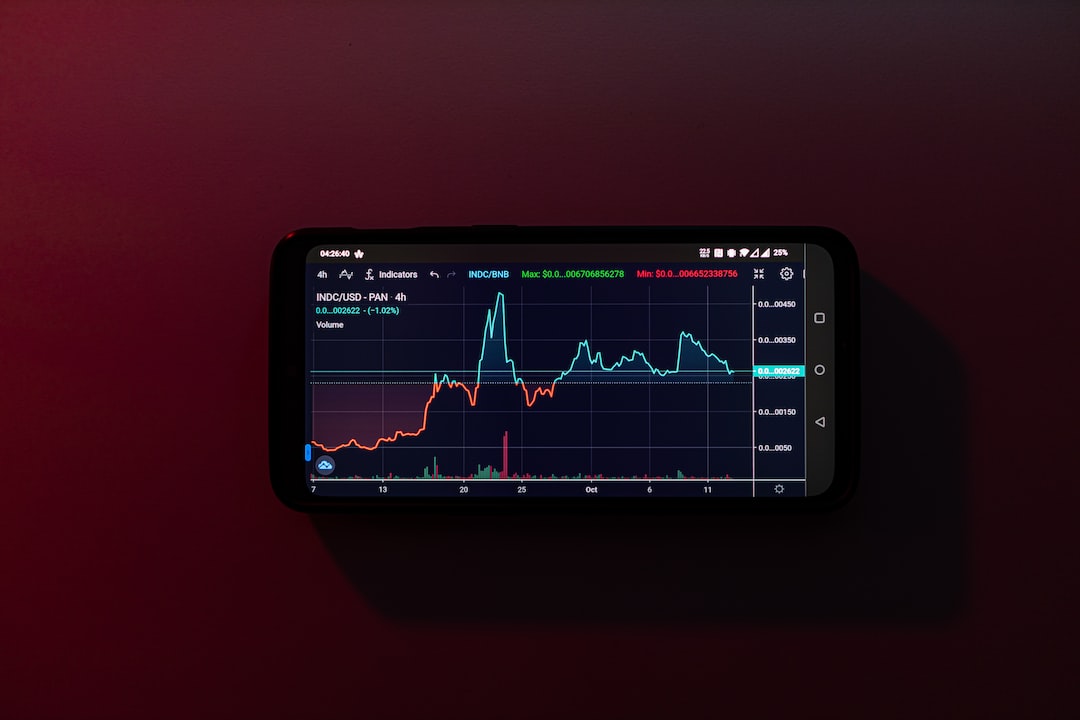Crypto Exchange Bitstamp Restricts US Customers from Trading Key Altcoins
Bitstamp, a European cryptocurrency exchange, has announced that it will permanently restrict trading of certain tokens for customers in the United States. This decision comes as the crypto industry faces increased scrutiny from the US Securities and Exchange Commission (SEC) and other regulatory bodies. Bitstamp aims to protect itself and align with evolving regulatory trends while maintaining a peaceful trading environment.
Key Points:
– Bitstamp will prohibit US customers from trading cryptocurrencies such as Decentraland (MANA), Near (NEAR), Axie Infinity (AXZ), Solana (SOL), Chiliz (CHZ), Polygon (MATIC), and The Sandbox (SAND).
– The restriction will be implemented on August 29, 2023, and users are advised to complete all trading and liquidations before this date.
– These tokens are labeled as securities by the SEC, raising questions about Bitstamp’s potential withdrawal from the US market and the impact of regulatory scrutiny on the broader cryptocurrency industry.
Expanding to European Markets with New Funding
Bitstamp’s decision to restrict access to certain tokens for US customers coincides with its plans to expand into new markets in Europe. The company’s CEO, Jean-Baptiste Graftieaux, has confirmed that Bitstamp is raising funds to facilitate its entry into crypto-friendly markets in Asia and the United Kingdom. This move may be a response to the SEC’s investigations on cryptocurrencies in the US.
Key Points:
– Bitstamp reported having 1.63 million US customers in 2021, accounting for 36% of its global user base.
– The SEC’s increased focus on cryptocurrencies has prompted other crypto exchanges and fintech companies to explore regulatory-friendly markets outside the US.
Hot Take
Bitstamp’s decision to restrict US customers from trading certain tokens reflects the impact of regulatory scrutiny on the crypto industry. As the SEC intensifies its investigations, crypto exchanges and companies are seeking safer and more regulatory-friendly markets. This trend highlights the need for clearer regulations that balance investor protection with fostering innovation in the crypto space.





 By
By
 By
By
 By
By
 By
By
 By
By
 By
By